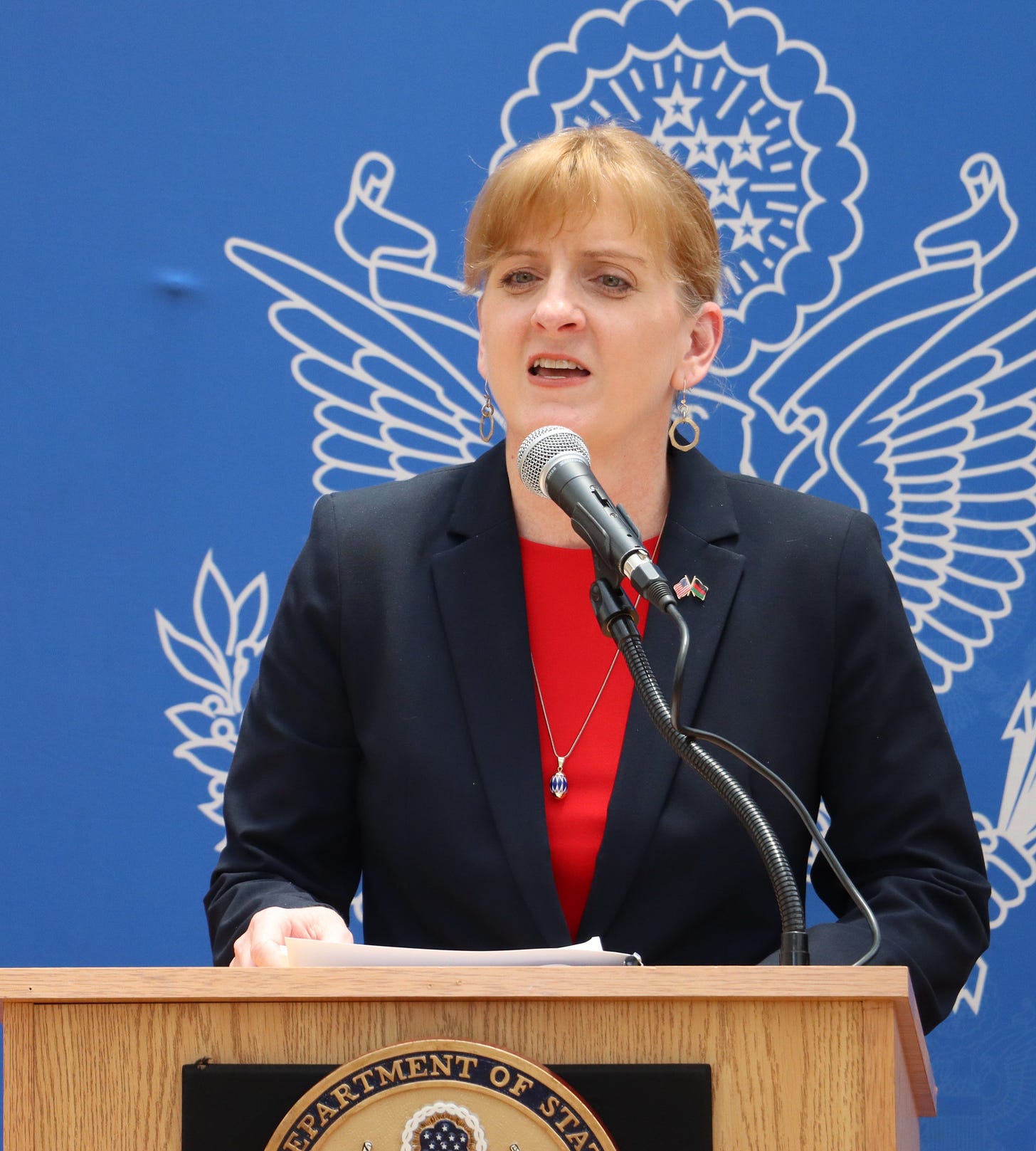U.S. Official Lauds Malawi's HIV Fight, More Work Ahead
Over 23,000 adolescents aged 10–19 have been equipped with knowledge and skills to reduce their risk of contracting HIV, Higgins said.
LILONGWE, Malawi - While Malawi has "significantly expanded access to HIV services" and reached "critical global treatment goals," U.S. Deputy Assistant Secretary of Africa Bureau Melanie Higgins said Thursday that on World AIDS Day there is still much work to do to sustain progress and reach those unaware of their HIV status, writes Alinafe Nyanda.
Speaking on the sidelines of World AIDS Day events marking 20 years of U.S.-Malawi partnership against HIV/AIDS through the President's Emergency Plan for AIDS Relief, or PEPFAR, Higgins commended Malawi's Health Ministry for its "commitments to end AIDS as a public health threat by 2030."
According to Higgins, the U.S. government has invested over $1 billion in HIV/AIDS programming in Malawi since 2013 through PEPFAR. "World AIDS Day offers a time to reaffirm our commitment to the people of Malawi and celebrate the tremendous progress that has been made in this fight," she said.
"I would like to highlight the many achievements made possible through PEPFAR's $1 billion dollar investment in Malawi, all of which have contributed to HIV prevention, diagnosis, and treatment, as well as the strengthening of both systems and local resilience," Higgins said.
She noted that 570,000 HIV-exposed children in Malawi are now HIV-free due to programming to prevent mother-to-child transmission.
More than 350,000 adolescent girls and young women have been reached through the DREAMS program and provided health care, psychosocial support and other essential services.
Over 23,000 adolescents aged 10–19 have been equipped with knowledge and skills to reduce their risk of contracting HIV, Higgins said.
Health Minister Khumbize Kandodo Chiponda described PEPFAR as a "trusted partner" in Malawi's fight against AIDS and urged continued U.S. support for the health sector.
PEPFAR was launched in 2003 to combat the global AIDS epidemic.
It came to Malawi in 2006, immediately working to advance treatment options, raise awareness, increase prevention and strengthen health systems nationwide.



